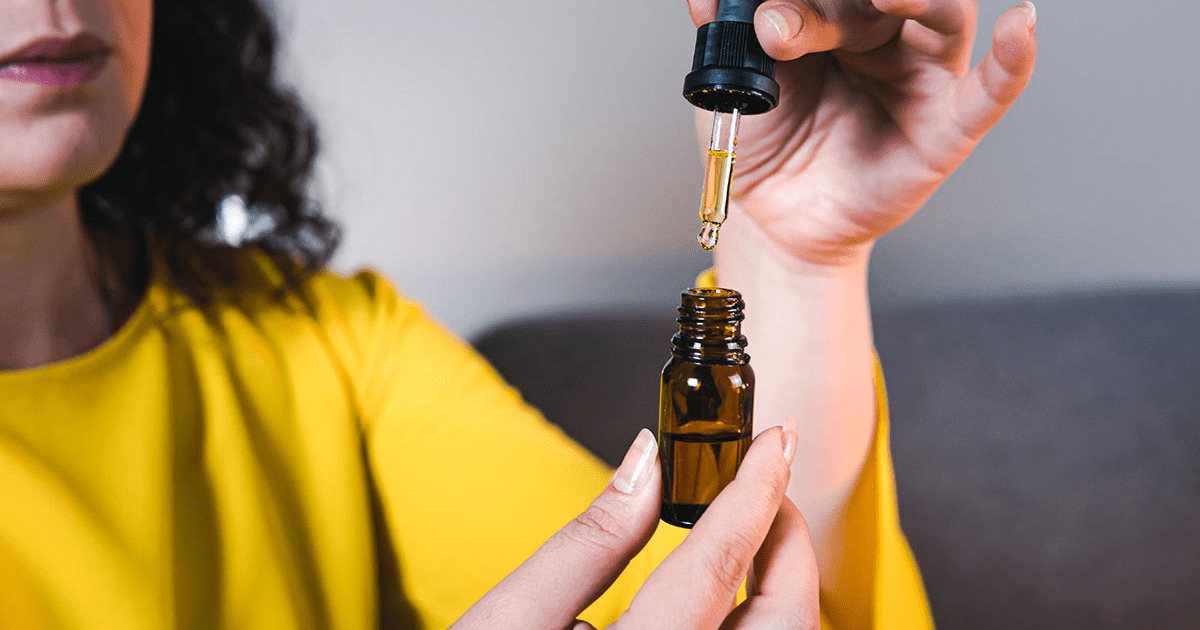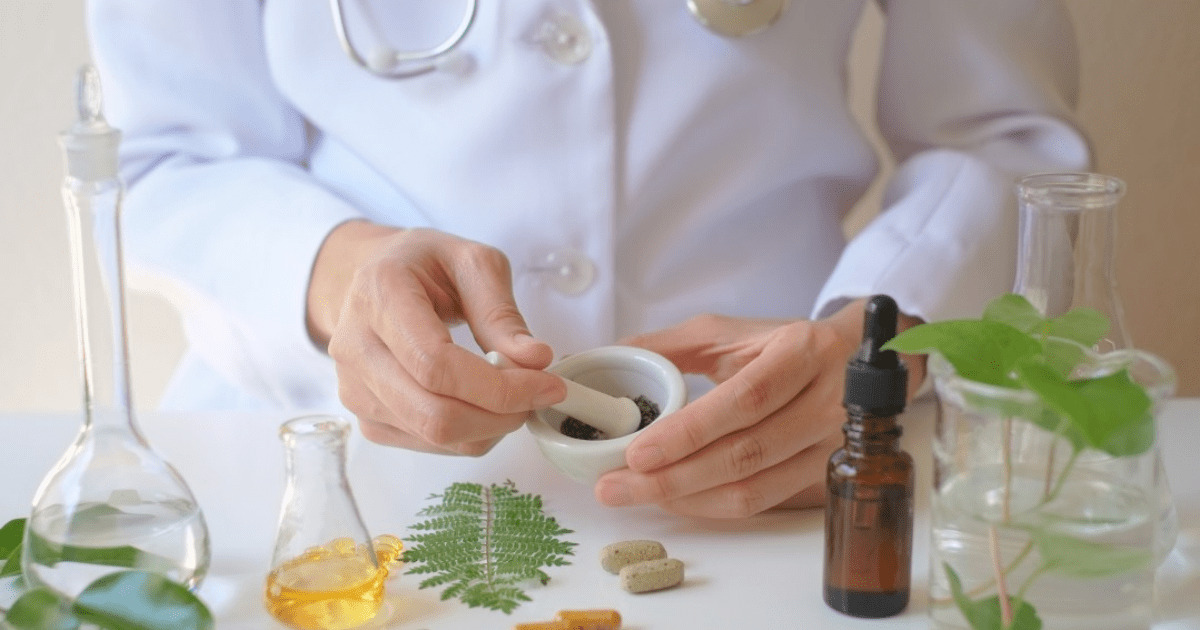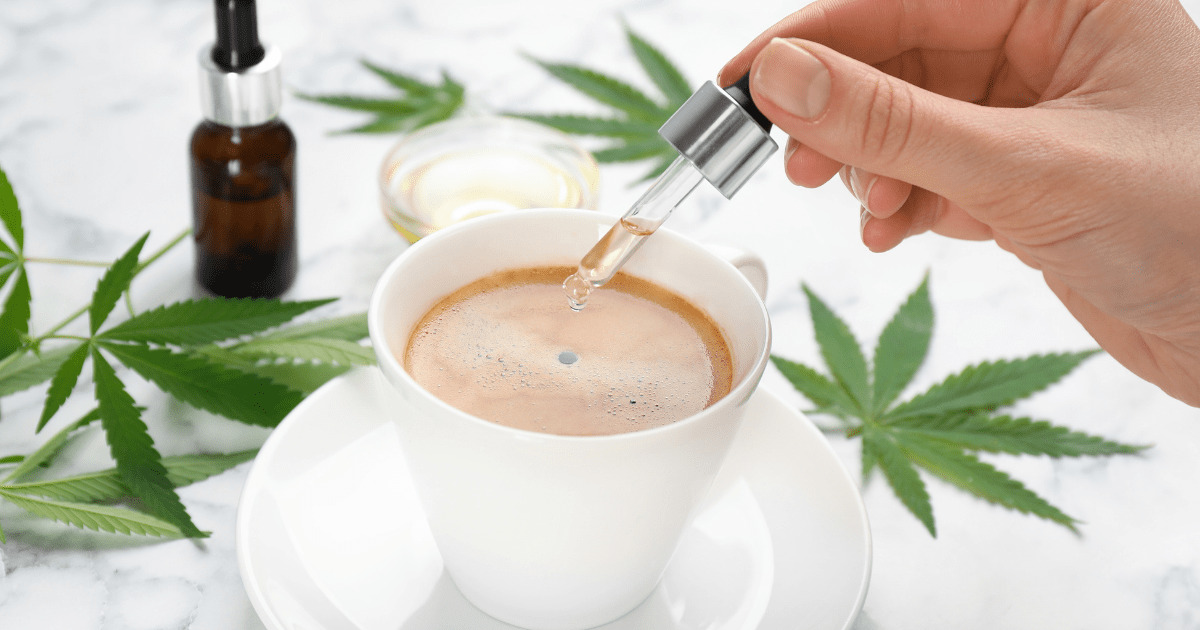Concentrates
What is a THC Tincture?
An Introduction to THC Weed Tinctures
THC weed tinctures are concentrated liquid extracts made from cannabis that contain high levels of tetrahydrocannabinol (THC), the psychoactive compound responsible for the “high” associated with marijuana. Tinctures are created by soaking cannabis flowers or trim in a solvent, typically alcohol, to extract the cannabinoids, including THC.
Here are some key points about THC weed tinctures:
- Preparation: To make a THC tincture, cannabis plant material is typically decarboxylated (heated) to activate the THC, making it more bioavailable. The decarboxylated cannabis is then combined with alcohol and left to steep for a period of time, often several weeks. The alcohol extracts the cannabinoids, terpenes, and other compounds from the plant material, resulting in a potent liquid tincture.
- Consumption: THC tinctures can be consumed orally by placing a few drops under the tongue (sublingually) or by adding them to food and beverages. When taken sublingually, the tincture is absorbed into the bloodstream through the mucous membranes in the mouth, allowing for quicker onset and potentially more potent effects compared to ingestion.
- Dosage and Effects: Tinctures offer precise dosing because they can be administered in small, measured amounts. Start with a low dose and gradually increase as needed to find the desired effects. The onset of effects typically occurs within 15 to 45 minutes when taken sublingually. The effects can vary depending on the strain used and individual tolerance, but they often include relaxation, euphoria, pain relief, and potential therapeutic benefits.
- Versatility: THC tinctures are highly versatile and can be used in various ways. They can be added to beverages like tea or juice, incorporated into recipes for edibles, or even used topically for localized relief. Their versatility makes them a popular choice among cannabis consumers.
Please note that laws and regulations regarding THC and cannabis products vary by country and region. It’s important to be aware of the legal status of THC tinctures in your specific location. If you have any further questions or specific inquiries about THC tinctures in Canada, feel free to ask!
What are Weed Tinctures Made Of?
Weed tinctures are typically made using a combination of cannabis plant material and a solvent, most commonly alcohol.
Here’s a breakdown of the main components involved:
- Cannabis Plant Material: The primary ingredient in weed tinctures is the cannabis plant itself. This can include the marijuana flowers (buds), leaves, or trimmings from the plant. The specific part used can impact the potency and flavour profile of the resulting tincture.
- Solvent: Alcohol is the most commonly used solvent for making tinctures. High-proof alcohol, such as Everclear or grain alcohol, is often preferred because it efficiently extracts the cannabinoids, terpenes, and other compounds from the plant material. The alcohol acts as a carrier for these constituents and helps to preserve the tincture.
- Optional Additives: Some tinctures may include additional ingredients to enhance flavour or effects. For example, some producers may add natural flavourings, such as herbs or fruits, to improve the taste. Additionally, some tinctures may contain carrier oils, such as MCT (medium-chain triglyceride) oil, to increase bioavailability.
It’s worth noting that there are alternative solvents used for making tinctures, such as glycerin or vinegar. These solvents produce different types of tinctures with varying characteristics. However, alcohol is the most commonly used solvent due to its effectiveness in extracting cannabinoids.
When making a weed tincture, the cannabis plant material is typically combined with the chosen solvent and left to steep for a period of time to allow for extraction. The length of the steeping process and the specific ratios of plant material to solvent can vary depending on the desired potency and the recipe being followed.
Remember to exercise caution when making your own tinctures, especially when using flammable solvents like alcohol. It’s also important to be aware of the legal regulations surrounding the production and use of weed tinctures in your specific jurisdiction.
Benefits of Marijuana Oil Tinctures
Marijuana oil tinctures, also known as cannabis oil tinctures, can offer several potential benefits for individuals seeking the effects of cannabis concentrates in and convenient form.
Here are some of the benefits associated with marijuana oil tinctures:
- Precise Dosage: Tinctures allow for precise dosing, as they can be administered in small, measured amounts. This is especially beneficial for individuals who want to control their intake and experience consistent effects. With proper dosage, users can find the right balance to suit their needs.
- Quick Absorption: When taken sublingually (under the tongue), marijuana oil tinctures are absorbed directly into the bloodstream through the mucous membranes in the mouth. This method bypasses the digestive system, resulting in faster onset of effects compared to edibles. Users may experience the effects within 15 to 45 minutes, making tinctures a popular choice for those seeking rapid relief.
- Discreet and Convenient: Tinctures are discreet and easy to use. They come in small bottles with droppers, allowing for precise and mess-free administration. Tinctures can be conveniently carried and consumed on-the-go, making them a discreet option for those who prefer not to smoke or vape.
- Versatile Usage: Marijuana oil tinctures offer versatility in their usage. They can be consumed orally by placing drops under the tongue or added to food and beverages. Tinctures can also be incorporated into recipes for edibles or used topically for localized relief. This versatility allows users to personalize their consumption method based on their preferences and needs.
- Potential Medical Applications: Marijuana oil tinctures may have potential medical applications due to the cannabinoids present in the oil, including THC and CBD. These cannabinoids interact with the body’s endocannabinoid system, which plays a role in regulating various physiological processes. Tinctures may potentially offer relief from symptoms such as pain, inflammation, anxiety, nausea, and more.
It’s important to note that the specific benefits and effects of marijuana oil tinctures can vary depending on the individual, the strain used, the cannabinoid profile, and the dosage. Additionally, it’s crucial to understand the legal regulations surrounding marijuana and its derivatives in your specific jurisdiction.
If you are considering using marijuana oil tinctures for medical purposes, it’s advisable to consult with a healthcare professional who can provide personalized guidance based on your specific needs and medical history.
How to Take Cannabis Oil Tincture Products?
Taking cannabis oil tincture products is a straightforward process.
Here’s a step-by-step guide on how to take cannabis oil tincture:
- Shake the Bottle: Before using the tincture, give the bottle a gentle shake. This helps to ensure that the cannabinoids and other components are evenly distributed throughout the liquid.
- Measure the Dosage: Using the dropper provided with the tincture bottle, draw up the desired dosage of the tincture. Start with a low dosage and gradually increase as needed to find the right balance for your desired effects. The dropper allows for precise measurement and control over the dosage.
- Administer Sublingually: For quick absorption, place the measured dosage of cannabis oil tincture under your tongue (sublingually). Hold the tincture under your tongue for about 60 to 90 seconds. This allows the cannabinoids to be absorbed through the sublingual blood vessels, bypassing the digestive system and resulting in faster onset of effects.
- Swallow or Spit: After holding the tincture under your tongue, you can choose to either swallow it or spit it out. Swallowing the tincture will allow for the remaining cannabinoids to be absorbed through the digestive system, potentially resulting in longer-lasting effects. If you prefer a faster onset, you can spit out the tincture after the sublingual absorption.
- Wait for Effects: After taking the cannabis oil tincture, wait for the effects to kick in. The onset time can vary from 15 to 45 minutes, depending on factors such as your metabolism and the specific tincture.
It’s important to note that the dosage and effects of cannabis oil tinctures can vary from person to person. It’s recommended to start with a low dosage and adjust gradually until you find the desired effects. Keep in mind that tinctures are highly potent, so it’s essential to use them responsibly and in accordance with the product instructions.
If you prefer not to take the tincture sublingually, you can also add it to food or beverages. However, keep in mind that the onset of effects may be slower when consumed orally compared to the sublingual method.
Lastly, be aware of the legal regulations regarding cannabis and its derivatives in your specific jurisdiction, as laws can vary. It’s always advisable to consult with a healthcare professional or a knowledgeable budtender for personalized guidance on dosage and usage.
What to Look For in a Good THC Tincture
When looking for a good THC tincture, there are several factors to consider to ensure you’re getting a quality product.
Here are some key aspects to look for:
- Quality of Ingredients: Start by examining the quality of the ingredients used in the tincture. Ideally, the tincture should be made from high-quality, organically-grown cannabis plants. Check if the product provides information about the strain used, as well as any additional ingredients or additives. Look for tinctures that use clean and natural extraction methods without the use of harmful solvents. This will help you find high-quality THC tinctures.
- Potency and Cannabinoid Profile: Consider the potency and cannabinoid profile of the tincture. The potency refers to the concentration of THC in the product. Look for tinctures that provide clear and accurate information about the THC content per serving or per dropper. Additionally, some tinctures may contain other cannabinoids like CBD or specific terpenes that can influence the effects and overall experience. Understanding the cannabinoid profile can help you choose a tincture that aligns with your desired effects and preferences.
- Extraction Method: The method used to extract the cannabinoids from the cannabis plant can impact the overall quality of the tincture. Look for products that utilize reputable extraction methods, such as CO2 extraction or ethanol extraction, which are considered safer and produce high-quality extracts.
- Third-Party Lab Testing: A reputable THC tincture should undergo third-party lab testing. This testing ensures that the product is accurately labelled, free from contaminants, and contains the stated levels of THC and other cannabinoids. Check if the tincture’s packaging or website provides access to a Certificate of Analysis (CoA) or lab reports that verify the product’s quality and purity.
- Reputation and Brand Transparency: Consider the reputation and transparency of the brand or manufacturer. Look for companies with a good track record, positive customer reviews, and a commitment to transparency. Brands that provide clear information about their sourcing, production processes, and testing protocols are generally more trustworthy.
- Packaging and Storage: Pay attention to the packaging of the tincture. It should be in a dark, opaque bottle that helps protect the contents from light and degradation. Additionally, the packaging should be child-resistant and include proper dosage instructions.
- Personal Preferences: Finally, consider your personal preferences in terms of flavour, additional ingredients, and desired effects. Some tinctures may have added natural flavours or carrier oils that can affect the taste and overall experience. Take these factors into account to ensure the tincture aligns with your preferences.
Remember to check the legal regulations regarding THC tinctures in your specific jurisdiction to ensure compliance with local laws.
If possible, consult with knowledgeable budtenders or seek recommendations from trusted sources to help guide your decision-making process when selecting a THC tincture.
You Can Buy Weed Tinctures Online in Canada at Get Kush
In the bustling world of online cannabis shopping, a virtual haven awaits Canadian enthusiasts seeking the therapeutic delights of weed tinctures. At the forefront of this digital revolution stands Get Kush, an innovative platform where the enchanting realm of cannabis tinctures comes to life.
With a simple click of a button, customers can explore a vast array of premium tinctures, meticulously crafted to perfection. From the soothing whispers of CBD-infused elixirs to the tantalizing embrace of high-THC potions, Get Kush offers a curated selection that caters to every connoisseur’s palate.
With discreet packaging and swift, nationwide delivery, they ensure that the transformative powers of weed tinctures are just a few keystrokes away, unlocking a world of relaxation, wellness, and euphoria for all who seek it. You can order online across Canada, or even get local cannabis delivery in Toronto and other cities near you.
References
Wikipedia. (2020). Tetrahydrocannabinol. Available at: https://en.wikipedia.org/wiki/Tetrahydrocannabinol
Daily Marijuana. (2023, September 1). Buy THC Tinctures Online in Canada. Available at: https://dailymarijuana.io/shop/cannabis-concentrates/thc-oil/
Leafly. (2020, September 4). Leafly’s guide to marijuana legalization. Available at: https://www.leafly.ca/learn/legalization
Highest Farmacy. (2023, September 1). Get Timely and Reliable Same-Day Weed Delivery in Toronto and Surrounding Cities. Available at: https://highestfarmacy.com/weed-delivery-toronto/
Ko G, Bober S, Mindra S, et al. Medical cannabis – the Canadian perspective. J Pain Res. 2016 Sep 30;9:735-744. Available at: https://pubmed.ncbi.nlm.nih.gov/27757048/
One thought on “What is a THC Tincture?”
Leave a Reply
You must be logged in to post a comment.




great read